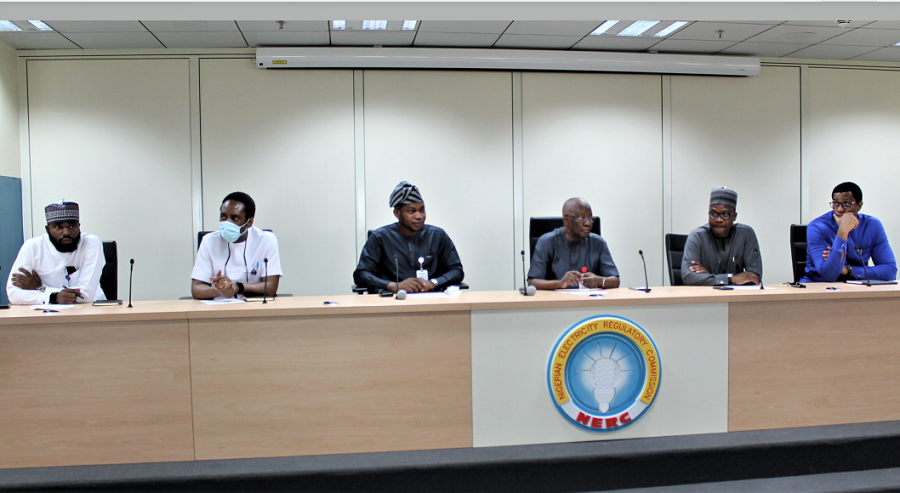Nigeria is set to agree on including taxes for cryptocurrencies and other digital assets in the Finance Bill 2022 currently being drafted by the ministry of finance.
This was announced after an extraordinary virtual meeting of the National Economic Council (NEC) on the proposed Finance Bill 2022 where they also resolved to update the draft with additional inputs from State Governors as the bill goes ahead to the Federal Executive Council.
The NEC, which is chaired by the Vice President, comprises 36 governors and the Central Bank Governor. The Council meetings are also attended by some members of the Federal Executive Council.
What the FG is Saying: According to the finance minister, Zainab Ahmed, “the bill seeks to amend relevant taxes, excises and duty statutes in line with the macroeconomic policy reforms of the Federal Government and to amend and make further provisions in specific laws in connection with the public financial management of the Federation.”
- She also said that the bill is aimed at ensuring that all sectors of the economy are brought under the tax nets, especially sectors that have evolved over the years such as the cryptocurrecy and gaming sectors.
- For instance, under the Tax Equity pillar, all sectors of the economy would be brought into the tax net including Capital Gains Tax from digital assets, Cable Undertakings, Lottery, and Gaming Business.
Pillars of the bill: According to the Minister, the proposed Finance Bill 2022 is anchored on five fundamental policy drivers:
- Tax Equity;
- Climate Change;
- Job Creation / Economic Growth;
- Tax Incentives Reform;
- Revenue Generation / Tax Administration
Digital Tax considerations: The bill contains provisions that clarify the basis for the taxation of Cryptocurrency and other Digital Assets in line with the Government’s policy thrust of enhancing the cross-border and international taxation of growing e-commerce with emerging markets.
- The digital tax considerations align with the tax equity pillar of the bill and include taxing capital gains from digital assets like lottery, gaming (sports betting), and Cable Undertaking.
- The government believes taxing digital assets brings Nigeria into the league of countries that currently do the same.
- Examples of these countries are the United Kingdom, the United States of America, Australia, India, Kenya, and South Africa.
Climate Change Taxes: The proposed bill also includes a provision for climate change which is classified under the Similarly, under the Climate Change and Green Growth pillar of the bill,
- The plan is to create incentives for the natural gas sector and discourage gas flaring.
- There are also incentives under the pillar of Tax Incentives’ Reforms, that provide for new deductions for Research and Development, and Investment Tax Credits; Reconstruction Investment Allowance; Rural Investment Allowance; Incomes in Convertible Currencies to be exempt, among others.
- Also, the bill contains an amendment under Chargeable Assets stating that “subject to any exceptions provided by this Act, all forms of property shall be assets for the purposes of this Act, whether situated in Nigeria or not, including Options, debts, digital assets and incorporeal property generally.”
What this means: Digital assets such as cryptocurrencies are not allowed under Nigeria’s central bank provisions.
- However, Nigeria’s Security and Exchange Commission recognizes digital assets such as cryptocurrency as a security.
- This essentially gave it legal status, thus open to being taxed appropriately.
- The amendment to the finance bill appears to be part of the government’s drive to tax billions of naira in cryptocurrency transactions in Africa’s largest economy.




















How can you tax an asset that is not allowed within the banking system?
The Nigerian government are a confused bunch. After banning crypto, you now want to put a tax on something you deemed illegal.